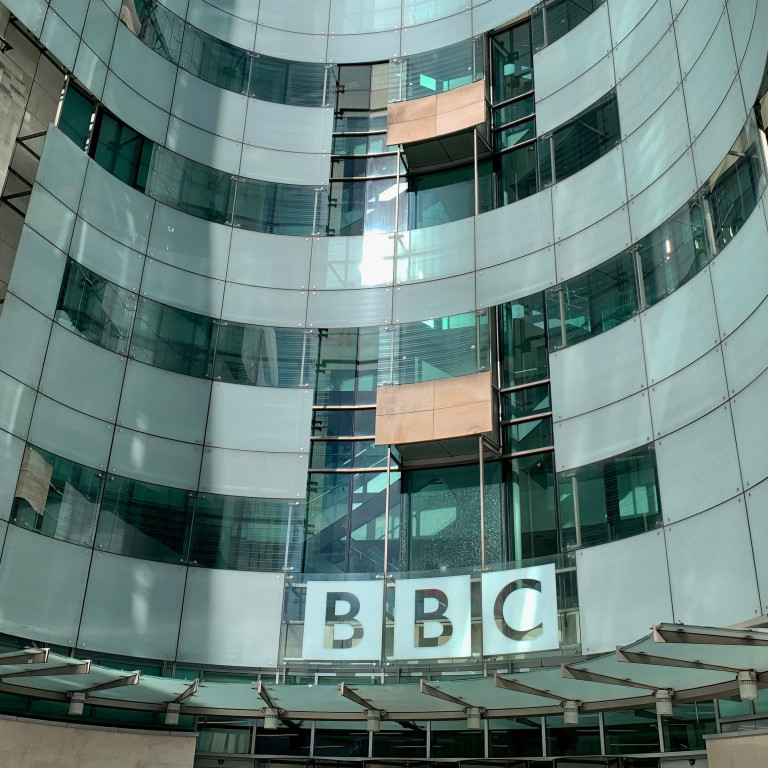The United Kingdom left the EU on 31 January 2020. The withdrawal agreement included a transition period to allow time to adjust to the differences in the legal regimes that would apply pre and post-Brexit. However, the UK's transition period with the European Union has now come to an end, and this means change to the intellectual property regime.
What is retained EU law?
One of the biggest and most controversial changes to the law of intellectual property disputes concerns the power of UK courts to depart from EU case law. As of 1 January 2021, a new body law in the UK exists known as 'retained EU law'. Retained EU law is based on the laws of the EU in force before the UK left the EU.
At present, only the Supreme Court and the High Court of Justiciary in Scotland may depart from retained EU case law but this could change. A new set of regulations proposes allowing other courts to depart from established EU case law. In England and Wales this would include the Court of Appeal.
What does this mean for intellectual property?
The regulations provide that when deciding whether to depart from retained EU case law, the test to be applied is whether it is 'right to do so'. This gives a significant amount of discretion to the courts and it adds an element of uncertainty about the potential outcome. This could also mean several small changes to the law brought about by a large volume of appeals arising from the uncertainty. These changes could have a significant impact on businesses so it is essential for those who may be affected by intellectual property disputes to take specialist advice.
Find out more
If you would like any help or support then visit our dedicated Intellectual Property pages or contact our expert team.





